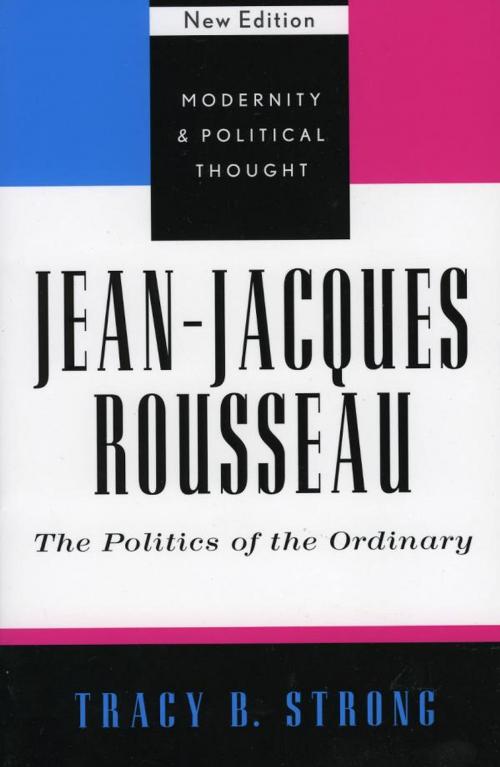Jean-Jacques Rousseau
The Politics of the Ordinary
Nonfiction, Religion & Spirituality, Philosophy, Political| Author: | Tracy B. Strong | ISBN: | 9781461665618 |
| Publisher: | Rowman & Littlefield Publishers | Publication: | April 8, 2002 |
| Imprint: | Rowman & Littlefield Publishers | Language: | English |
| Author: | Tracy B. Strong |
| ISBN: | 9781461665618 |
| Publisher: | Rowman & Littlefield Publishers |
| Publication: | April 8, 2002 |
| Imprint: | Rowman & Littlefield Publishers |
| Language: | English |
Rousseau is most often read either as a theorist of individual authenticity or as a communitarian. In this book, he is neither. Instead, Rousseau is understood as a theorist of the common person. In Strong's understanding, Rousseau's use of 'common' always refers both to that which is common and to that which is ordinary, vulgar, everyday. For Strong, Rousseau resonates with Kant, Hegel, and Marx, but he is more modern like Emerson, Nietzsche, Eittegenstein, and Heidegger. Rousseau's democratic individual is an ordinary self, paradoxically multiple and not singular. In the course of exploring this contention, Strong examines Rousseau's fear of authorship (though not of authority), his understanding of the human, his attempt to overcome the scandal that relativism posed for politics, and the political importance of sexuality.
Rousseau is most often read either as a theorist of individual authenticity or as a communitarian. In this book, he is neither. Instead, Rousseau is understood as a theorist of the common person. In Strong's understanding, Rousseau's use of 'common' always refers both to that which is common and to that which is ordinary, vulgar, everyday. For Strong, Rousseau resonates with Kant, Hegel, and Marx, but he is more modern like Emerson, Nietzsche, Eittegenstein, and Heidegger. Rousseau's democratic individual is an ordinary self, paradoxically multiple and not singular. In the course of exploring this contention, Strong examines Rousseau's fear of authorship (though not of authority), his understanding of the human, his attempt to overcome the scandal that relativism posed for politics, and the political importance of sexuality.















